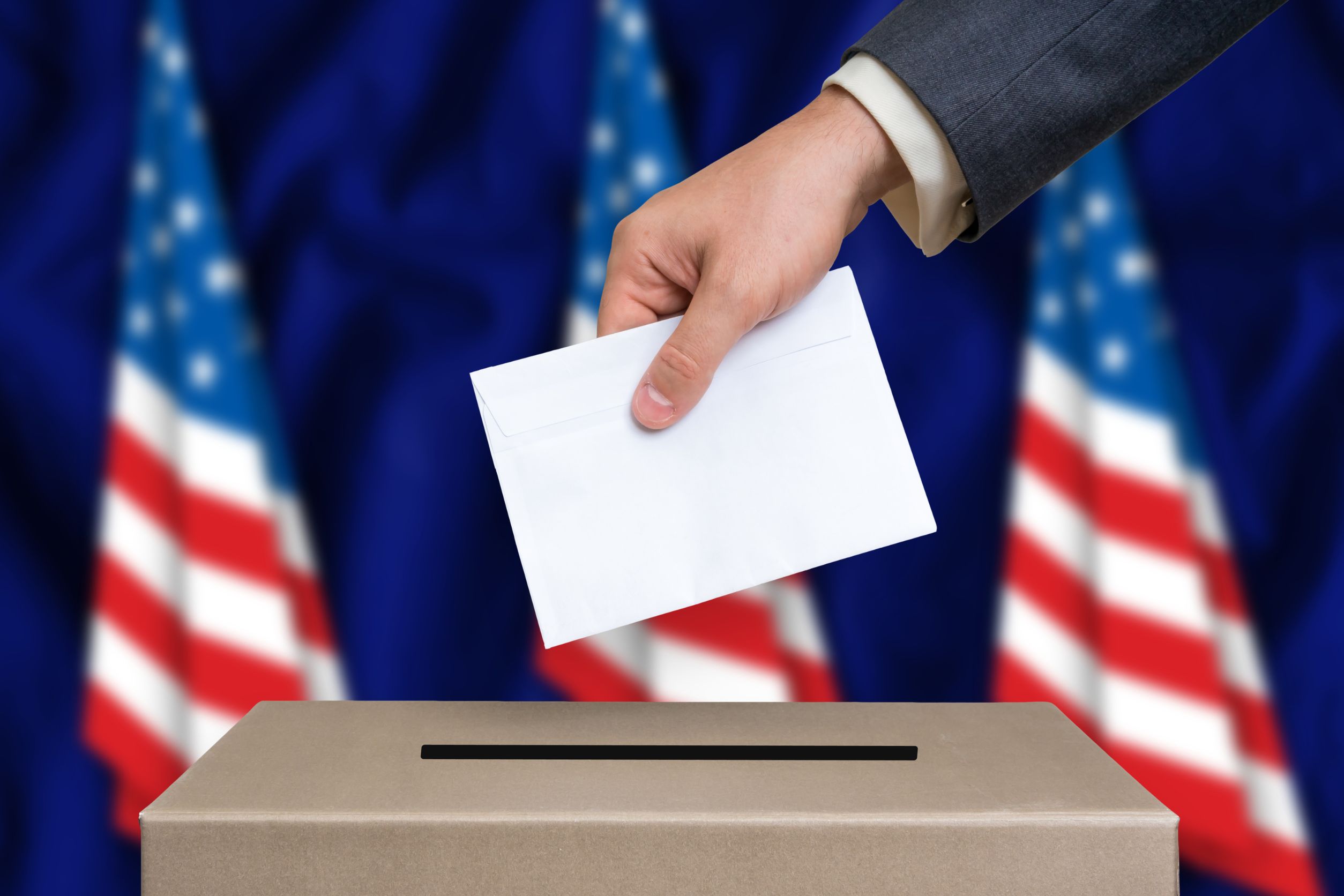Elections are usually dominated by national and state races, but smaller, local elections in your community often carry just as much weight in shaping the everyday lives of residents. From school boards to city council seats, these elections may not always get the spotlight, but they’re crucial in determining how your local area operates. Here are eight little-known facts about smaller elections that you should know.
1. Local Elections Have a Big Impact on Daily Life
While national elections often focus on broad issues, local elections have a more immediate impact on your day-to-day life. The decisions made by local officials affect everything from the quality of schools and the condition of roads to zoning laws and local public services. Voting in smaller elections can influence the direction of policies that will directly affect you, your family, and your neighborhood.
2. Turnout in Smaller Elections is Typically Low
One of the most significant facts about local elections is the consistently low voter turnout. Many people don’t realize how crucial these races are, leading to a lack of participation. In some cases, the voter turnout for local elections can be less than 20% of the population. This gives a small number of voters an outsized influence over the decisions that shape their communities. That means your vote in a local election can carry more weight than in a national race.
3. Local Elections Are Nonpartisan (Often)
Unlike the highly partisan nature of presidential or congressional races, many local races, such as school boards and city council elections, are nonpartisan. This means candidates don’t run with party labels, allowing voters to focus on the individual’s ideas, policies, and qualifications rather than political affiliation. This can make local elections a more inclusive and less divisive way to engage in politics.
4. You Have More Access to Local Candidates
In smaller elections, you’re more likely to have direct access to the candidates. Whether it’s attending a town hall meeting, having a casual conversation at the local grocery store, or engaging on social media, it’s easier to interact with local candidates. This access allows you to ask specific questions about issues that directly impact your community, offering you a much closer relationship with those who may soon be making decisions for your area.
5. Local Elections Often Focus on Quality of Life Issues
While presidential elections are often focused on issues like foreign policy or national security, local ones tend to focus on issues that affect residents’ everyday quality of life. These may include decisions regarding public transportation, local law enforcement, affordable housing, and even recreational spaces. Candidates in local races are often running to improve their community’s infrastructure and services, which can have long-lasting effects on residents.
6. Smaller Races Often Have Fewer Resources and Advertising
Compared to high-profile national races, smaller elections tend to have fewer financial resources and less media attention. This can make it harder for voters to access information on candidates and their platforms. As a result, voters need to be more proactive in seeking out information from candidate websites, local news outlets, and community meetings. It’s a good reminder that informed voting in smaller elections often requires more personal research.
7. Local Elections Can Be Decided by a Small Margin of Votes
Due to the low voter turnout in smaller voting, it’s not uncommon for a race to be decided by only a handful of votes. This means that each vote truly matters in these votes. In some cases, it only takes a few dozen votes to shift the outcome. This underscores the importance of being involved and casting your ballot, as your single vote can make a significant difference.
8. The Results Can Have Ripple Effects
Local elections don’t just affect your community—they can have a broader impact on state and even national policies. For example, if a city elects officials who champion sustainable environmental policies or progressive education reforms, those changes can influence neighboring towns and even statewide legislation. Local governments often serve as testing grounds for new ideas that could be replicated at larger levels.
Get Involved: Your Vote Matters in Every Election
In conclusion, smaller, local elections are far more significant than many people realize. With their potential to directly shape the issues that impact our daily lives, these votes should not be overlooked. From low voter turnout to nonpartisan races, smaller elections offer a unique opportunity for individuals to make a meaningful difference in their communities. So, next time there’s a local election, remember that your vote has power—and it’s one vote that could go a long way in changing your neighborhood for the better.
Read More:
10 Passive-Aggressive Email Phrases That Signal Trouble
8 Real Dilemmas of Returning To The Office



